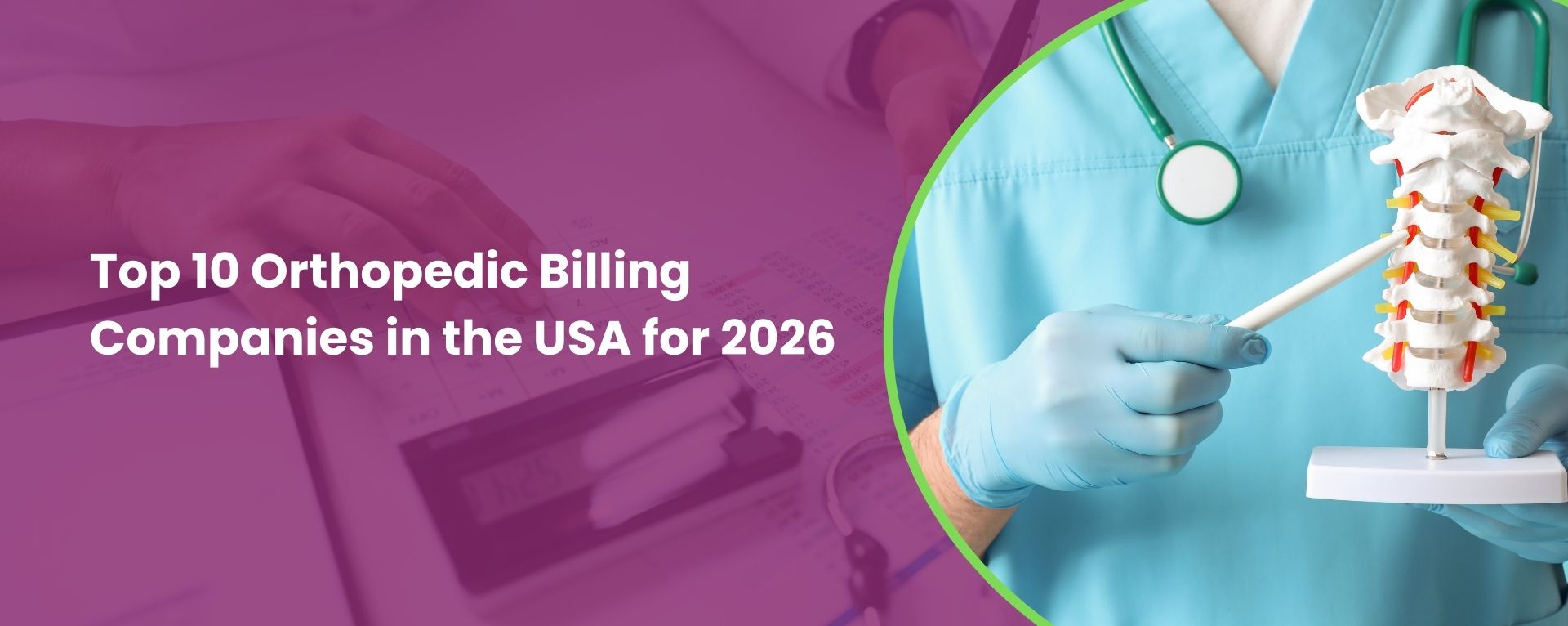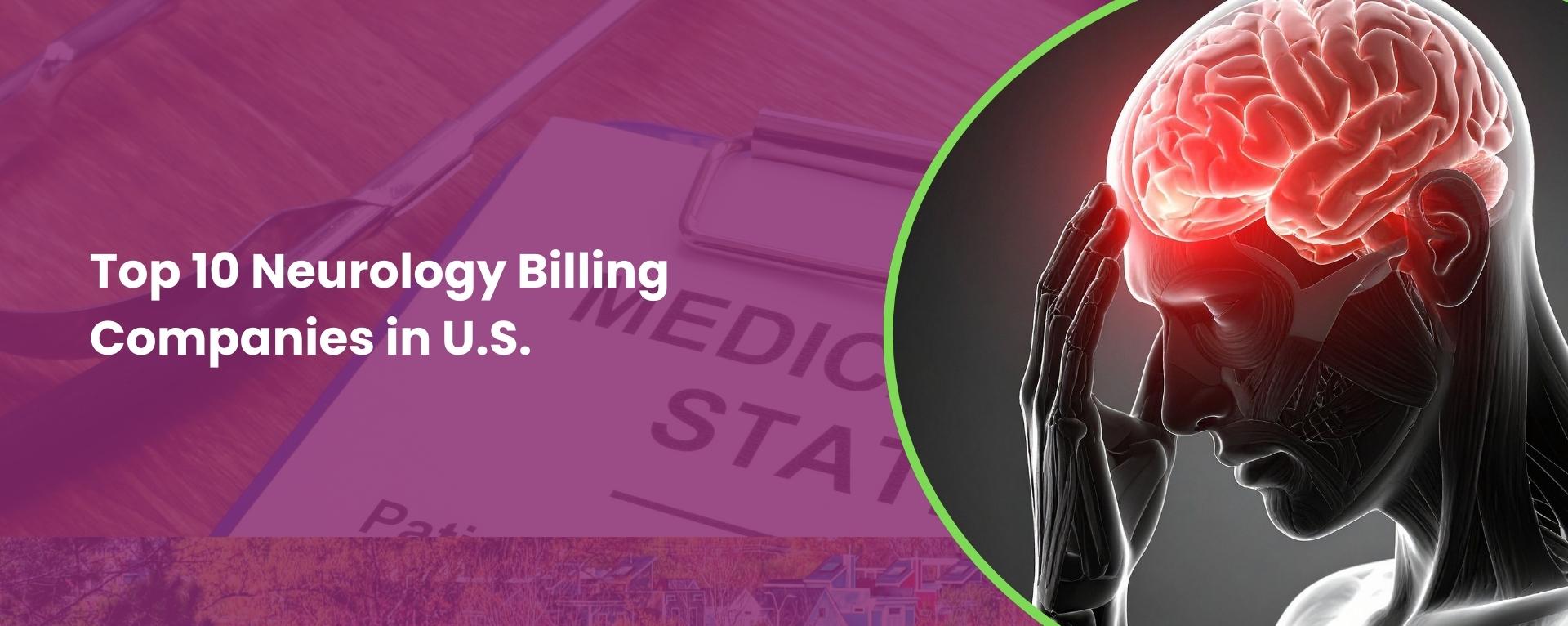Table of Contents
ToggleOverview
Do you always feel like you have missed something while making patient examination notes in your eCW software? Something like a very important symptom that your patient has mentioned during the session but you have missed that and are now struggling to remember it. It’s very common among providers to miss some patient details while making notes in eCW EHR. They are increasingly challenged with balancing patient care and EHR administrative tasks, leading to burnout and decreased productivity.
But what if there is a personal assistant to make notes while you are examining your patient? An assistant which is an advanced large language module AI that never miss on any details. Yes, eCW software has come up with an advanced solution to this problem. EClinicalWorks EMR V12 has integrated with this era’s most advanced AI transcriber “Sunoh ai”. It will revolutionize clinical documentation while making it more efficient and less burdensome for providers.
What Is Sunoh AI in eCW Medical Software?
Sunoh AI is an AI-powered ambient listening technology developed by Healow that seamlessly integrates with eCW software. This innovative tool listens to the natural conversations between healthcare providers and patients, automatically generating clinical documentation. Sunoh AI offers a robust solution to physician burnout by allowing providers to focus more on patient care rather than getting bogged down with documentation.
What Difference eCW Integrated Sunoh AI Will Make in a Provider’s Life?
Before of Sunoh AIand its advanced features’ introduction within the eClinicalWorks medical billing software, healthcare providers had to rely heavily on manual processes to document patient encounters. This often led to increased workload, inefficiencies, and potential errors in the administrative documentation. Here’s how the Sunoh.ai features make a difference compared to the traditional approach:
1. Ambient Listening
Before Sunoh AI:
Providers needed to manually enter notes in eCW software during or after the patient visit which often require them to divert attention from the patient to a computer screen. This diversion mostly led to interruptions in the natural flow of conversation. Additionally, this could result in incomplete or inaccurate documentation due to the provider’s reliance on his memory, especially if documentation was done after the encounter.
With Sunoh AI:
Ambient listening allows providers to fully engage with their patients without worrying about note-taking. Sunoh ai captures every detail of the conversation in real-time, reducing the cognitive load on providers and allowing them to focus entirely on patient care. This feature significantly minimizes the risk of missing or inaccurately documenting important information.

2. Dialogue Flow Generation
Before Sunoh AI:
Transcribing the patient encounter involved listening to recorded audio or relying on notes taken during the visit within the eCW software. Providers or support staff would then manually transcribe the conversation into text, often leading to delays and increased workload. Organizing these notes into coherent sections for clinical documentation was another time-consuming task.
With Sunoh AI:
Sunoh ai integration within eCW software uses AI and voice recognition technology to automatically generate a transcript of the patient encounter. The transcript is organized into different sections relevant to clinical documentation, such as history, assessment, and plan. This feature streamlines the process while making it quicker and easier for providers to review and approve the content. It also ensures nothing is overlooked.
3. Clinical Documentation Creation
Before Sunoh AI:
Within the eCW software, creating clinical documentation requires providers to manually summarize the patient encounter, categorize the information, and enter it into the EHR system. The process was long and arduous, resulting in delays in completing progress notes and potentially affecting patient care and follow-up.
With Sunoh AI:
Sunoh ai now automatically categorizes the transcript into appropriate progress note sections, such as subjective, objective, assessment, and plan (SOAP). This automation not only saves provider’s time but also enhances the accuracy of documentation by ensuring that all relevant information is properly organized and recorded. With this AI powered clinical documentation creation, providers can quickly review and make any necessary modifications, leading to more timely and complete documentation.
4. Seamless Order Entry
Before Sunoh AI:
Order entry was a manual process before Sunoh ai, where providers had to input orders for labs, imaging, medications, and referrals into the eCW software system after the patient visit. This task used to add to the administrative burden and increased the likelihood of errors or omissions, especially if the provider was multitasking or rushed.
With Sunoh AI:
Here, the revolution of Sunoh ai is that during the patient conversation, it captures and records the details of lab, imaging, and medication orders, as well as referrals and follow-up appointments. Such real-time capture of orders reduces the chances of errors and omissions, which makes the process more efficient and accurate. Providers can trust that Sunoh ai has documented the necessary orders while allowing them to focus on other critical aspects of patient care.

5. Review and Approval
Before Sunoh AI:
In the past, providers had to manually review and verify all documentation entries in the eCW software system, which was a time-consuming task. Any errors or incomplete entries required additional time for corrections, potentially delaying patient care and follow-up actions.
With Sunoh AI:
The review and approval process is simplified with Sunoh.ai. Providers can now easily review the summarized content which is generated by the AI, make any necessary modifications, and import it directly into their eCW EMR. This ensures that the final clinical notes are accurate and complete, reducing the time spent on documentation and allowing providers to focus more on direct patient care.
A Precaution to Must Take with AI-Powered eCW Software
Remember, while Sunoh ai streamlines clinical documentation by capturing patient-provider conversations and generating detailed notes, the expertise of medical billers and coders remains essential. They ensure that the documentation generated by Sunoh.ai is accurately translated into billing codes, reducing the risk of claim denials or audits.
Billers and coders apply their specialized knowledge of coding standards (ICD-10, CPT, HCPCS) and compliance regulations, navigate complex cases, and adapt to changes in coding requirements. Their role complements Sunoh ai’s capabilities, ensuring accurate billing and compliance, and optimizing reimbursement for providers.
Conclusion
eCW software’s integration with Sunoh ai represents a significant advancement in healthcare documentation. By automating key aspects of the documentation process, Sunoh ai reduces the burden on providers, enhances the accuracy and completeness of clinical notes, and ultimately improves the overall efficiency of patient care. The transition from manual documentation to an AI-powered system like Sunoh ai allows providers to focus on what truly matters—their patients. However, you should employ the expertise of trained eCW medical billing specialists if you want to unlock the full potential of Sunoh ai and enhance your practice both functionally and financially.
Frequently Asked Questions (FAQs)
What level of accuracy does the clinical documentation generated by Sunoh possess?
The clinical documentation produced by Sunoh is known for its exceptional accuracy, which can be attributed to its advanced natural language processing and machine learning algorithms.
Does Sunoh possess the ability to distinguish between different accents and dialects?
Sunoh has the ability to identify various accents and dialects, thus ensuring accessibility for a diverse range of healthcare professionals and patients.
Is Sunoh Medical AI Scribe designed to support a wide range of specialties or is it limited to a specific field?
The Sunoh Medical AI Scribe is designed to accommodate multiple specialties, including primary care, specialty care, and others.









